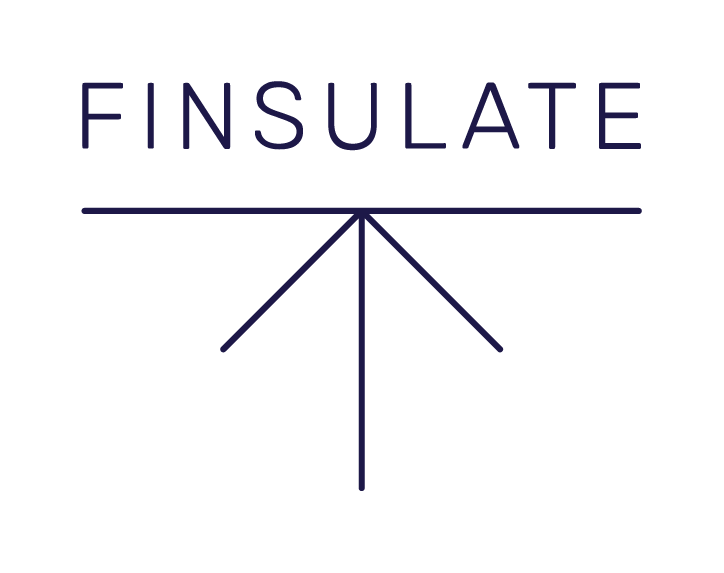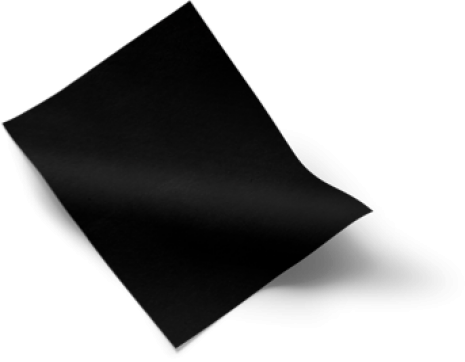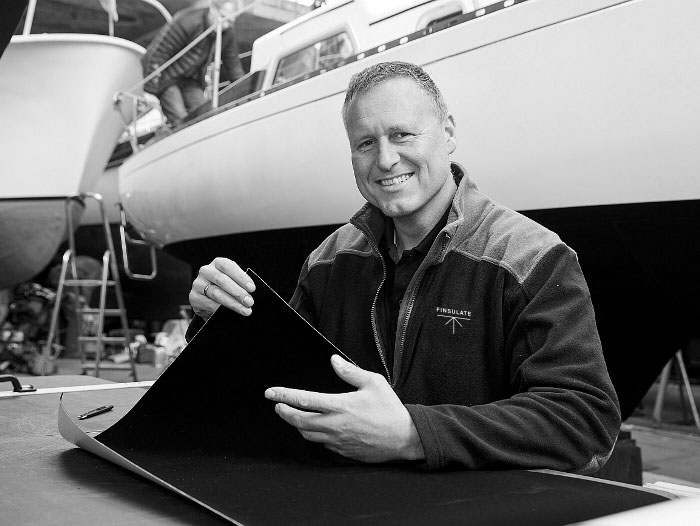
The Port of Amsterdam is one of Europe’s largest seaports. Around 7,000 seagoing vessels and thousands of inland ships arrive from various directions yearly. Passenger shipping and superyachts are also welcome. The Port of Amsterdam ensures the smooth, safe, and environmentally responsible handling of shipping traffic in the North Sea Canal area. The Port of Amsterdam is around 1,200 hectares in size.
It manages and operates this area and focuses on the growth of bio- and synthetic fuels, hydrogen activities, and the circular and manufacturing industry. With customers and partners, the Port of Amsterdam wants to make the port operate faster, smarter, cleaner and climate-neutral by 2050.
Ambition for sustainable entrepreneurship
The Port of Amsterdam is ambitious and wants to be among Europe’s most sustainable ports by 2030. They do this through sustainable and socially responsible entrepreneurship at all levels. The aim is to add sustainable value by taking initiative, implementing, continuing to persevere, and contributing to local and international sustainability objectives.
This transition is being implemented at three levels: organisation, port, and chain. In terms of organisation, the CO2 reduction is being initiated by, among other things, having the Port’s fleet sail on cleaner fuels. Clean shipping is encouraged, and customers and companies are supported in transitioning to clean energy and sustainable fuels to create a clean, future-proof port in a liveable environment.
As a chain partner, they consciously examine direct and indirect port activities that affect people and the environment. The Port of Amsterdam carefully assesses new companies or customers who want to expand because ‘only together can we create a better world.’
In search of non-toxic antifouling
A port that is so consciously entrepreneurial and has the best interests of the environment at heart naturally takes a critical look at its fleet. Where can the Port of Amsterdam make an improvement that will improve both the environment and the organisation? Replacing traditional antifouling with toxic components has been on the wish list for some time. An extensive study was conducted into alternative antifouling systems with at least the same effect but would also be better for the environment. There is a lot of promotion by players in the multi-billion dollar antifouling paint market, for example, silicone-based antifouling paint.
But reviews from December 2023, such as the ‘Modification strategy of siloxane antifouling coating: adhesion strength, static antifouling, and self-healing properties’ by researchers Tong Wang, Shougang Chen, Huimeng Feng, Lin Cao, Zhipeng Zhao & Wen Li speak of low adhesion strength, poor antifouling performance and weak mechanical properties. And already in 2012, Professor Rittschof from MIT reported in Science Direct (Aquatic Toxicology, Volumes 110–111, April 2012, Pages 162-169 ISSN 0166-445X) on the toxic effects of these types of coatings. It has now become clear that these coatings contain substances banned since 2008. This concerns organotin, which is supposedly added as a catalyst. For years, there have been requests for research into the return of tin via these coatings.
Port of Amsterdam chooses Finsulate again
The Dutch patented invention Finsulate was also examined in detail by the Port of Amsterdam management department, Nautical Management. In 2022, it was decided to apply Finsulate’s antifouling foil to a new electric patrol boat, the NT11/Watertrapper. The NT11/Watertrapper is a Damen DPV 1304 Patrol Vessel, 13.5 metres long and equipped with a single 130 kW electric motor powered by a 273 kWh battery pack from EST-Floattech. The top speed is 16 km/h, and at an average speed of 6 km/h, it can patrol the waters of Amsterdam for more than a whole day before recharging. The patrol ship, built by Damen Shipyards on behalf of the Municipality of Amsterdam, is deployed all year round in all weather conditions to carry out its tasks. These include monitoring smooth and safe shipping traffic and during events, crowd control on the inland waterways of Amsterdam, the Amsterdam canals, the IJ, Buiten-IJ, IJmeer, IJburg, Markermeer and the waters of Weesp.

80 M2 Finsulate
The ship was launched in September 2022 and fitted with 80 square metres of Finsulate foil that, thanks to the tiny spines, does not give mussels and algae a chance without polluting the environment. After a recent warranty docking of the NT11/Watertrapper, the Finsulate foil was, of course, also carefully inspected. There was little fouling, meaning Finsulate is now a permanent part of the specifications for new construction orders. The Finsulate antifouling foil with which the ship has been treated will last at least eight years but in all probability, ten years or more. Usually, this ship would have been treated again with toxic antifouling paint during this warranty docking, but that maintenance can be eliminated as a cost item. It is better for the balance sheet and better for the environment.
Repeat orders from the Port of Amsterdam
In 2025, the municipality of Amsterdam will issue a new tender for another two patrol boats. Finsulate will be a permanent part of this. Nautisch Beheer has indicated that they are also working towards replacing toxic antifouling for the ships under maintenance. In short, all ships will sail with Finsulate over time—a decision that Finsulate is proud of.
“As the municipality of Amsterdam, we opt for sustainable development to sail through the inland waters of Amsterdam without emissions before 2025. Not only CO2 neutral, but we also look at other emissions such as microplastics and biocides, which come from antifouling paint and end up in the water,” says Mike Moerman, Waterway Inspector of Nautical Supervision and Enforcement (THOR) of the Municipality of Amsterdam. “The non-toxic Finsulate antifouling solution fits in perfectly with our sustainability ambition and will help us achieve this even better and faster!”
Choose non-toxic antifouling
Are you also seeking an environmentally friendly antifouling solution for your company fleet? Contact Finsulate to protect your ship and the oceans.



